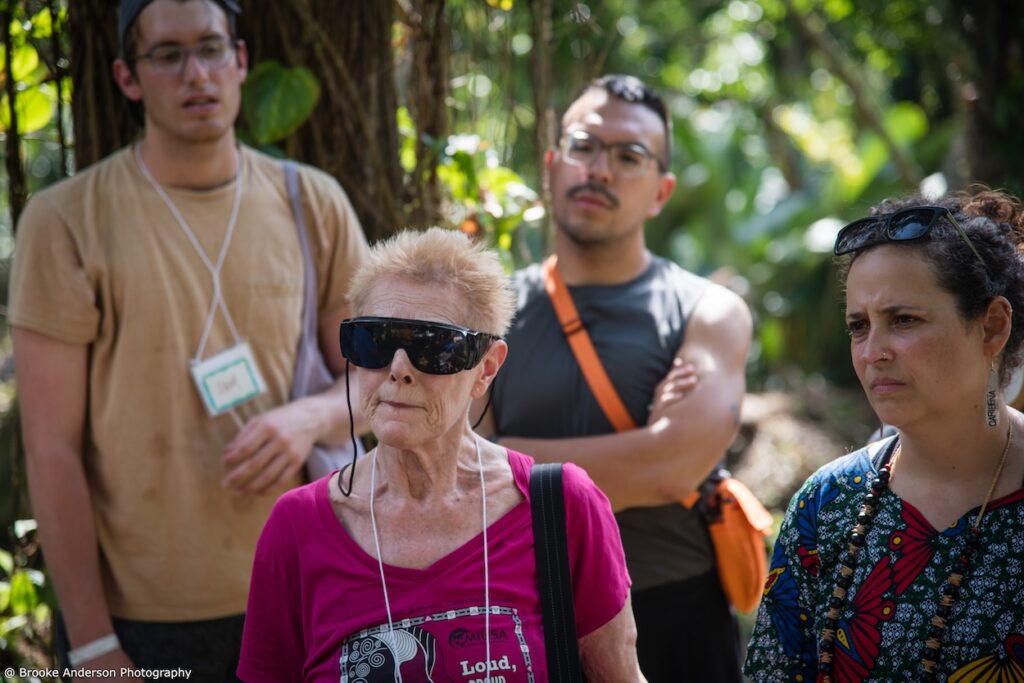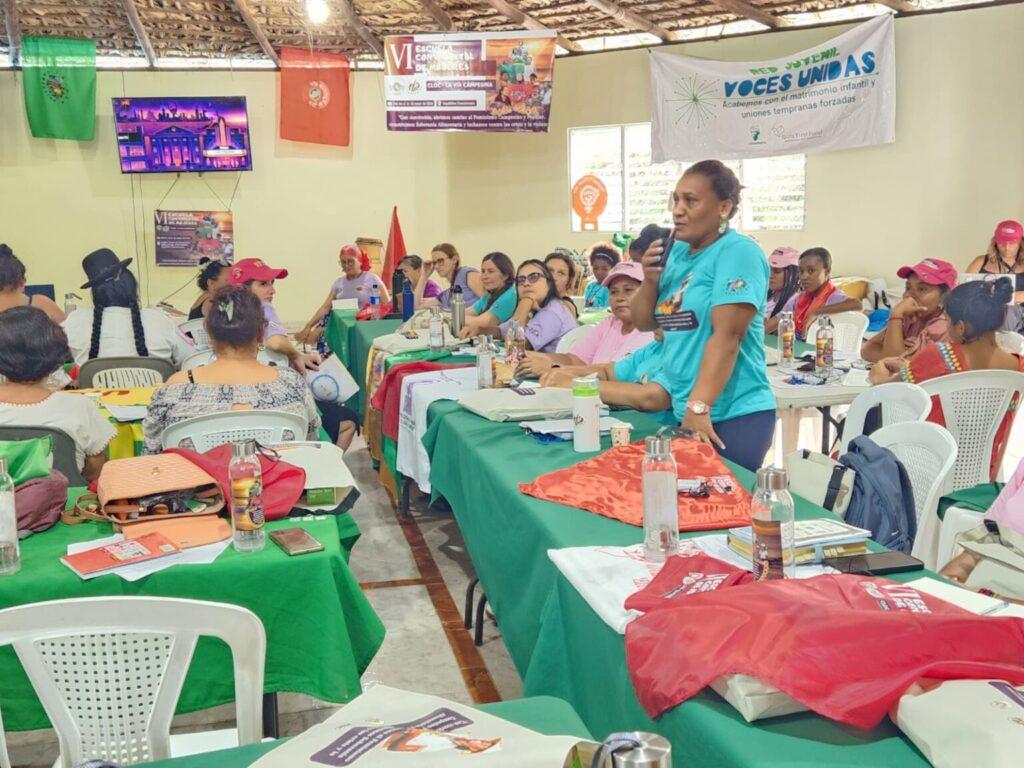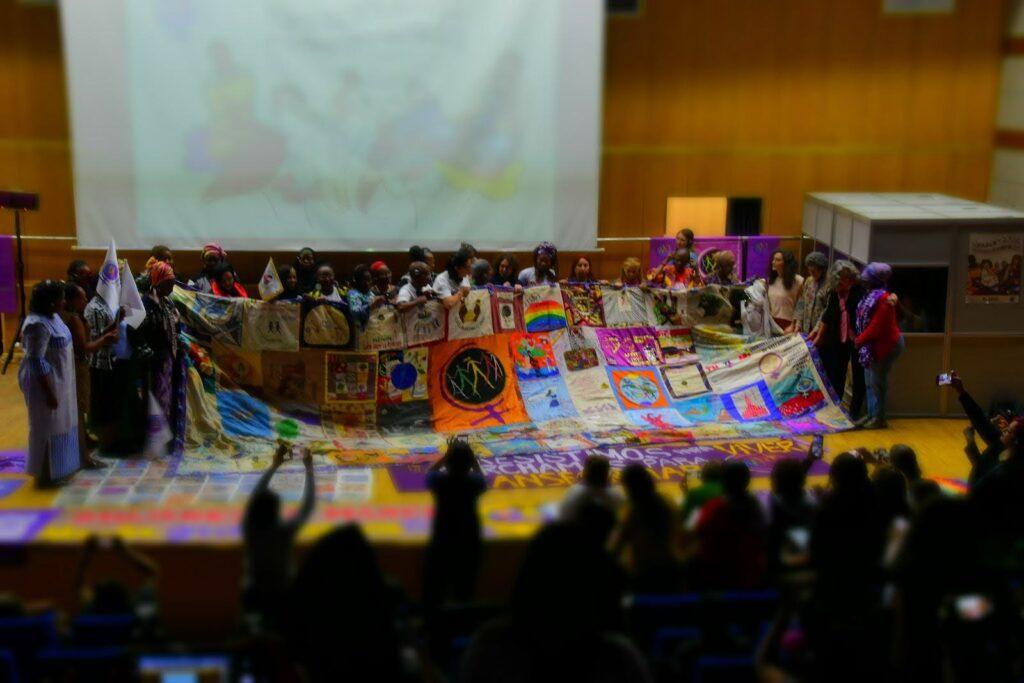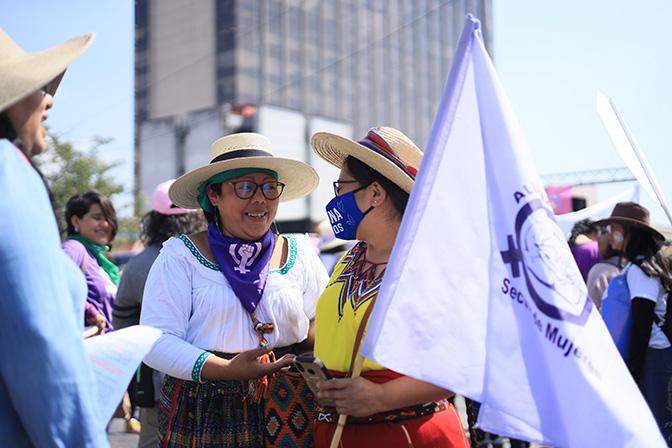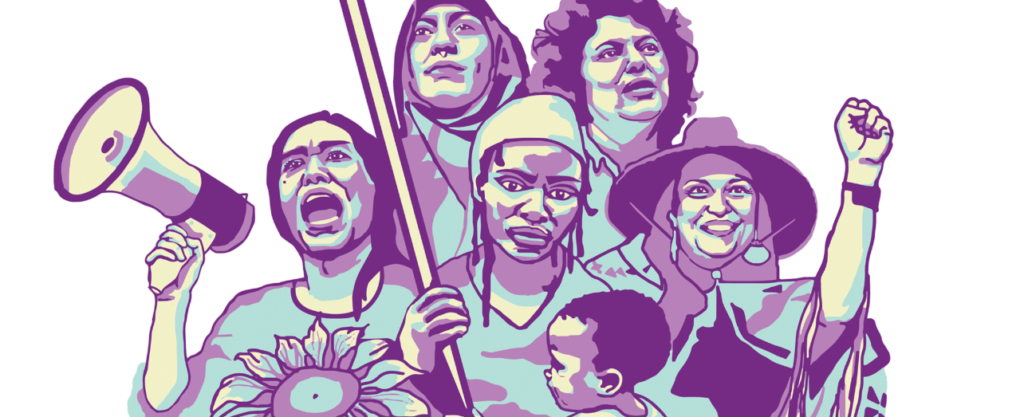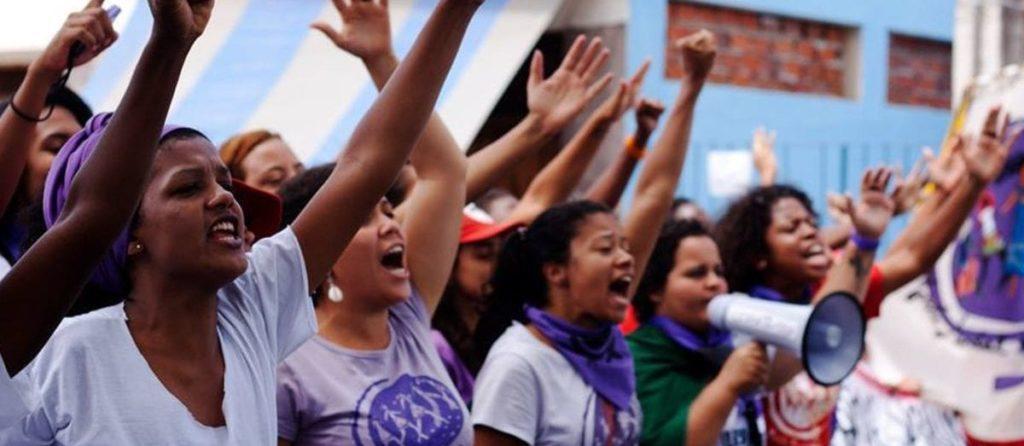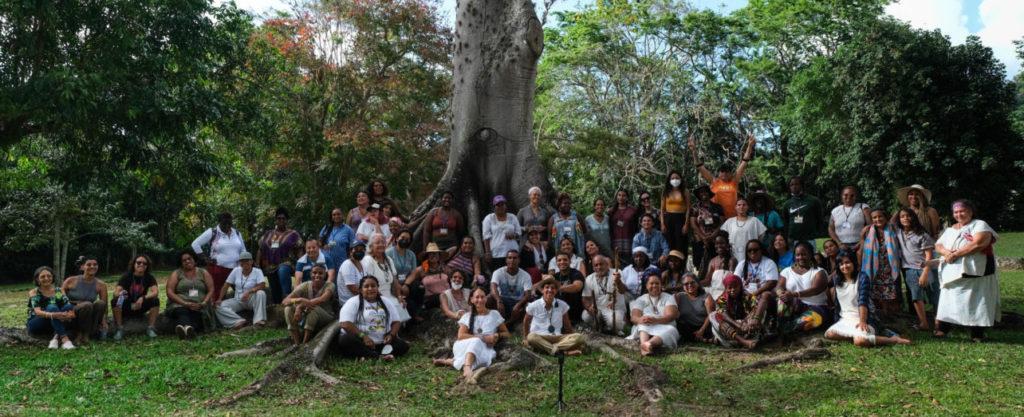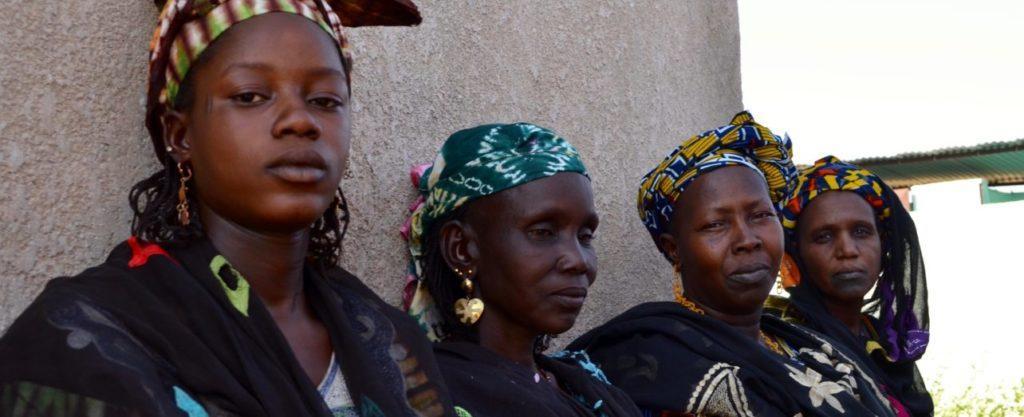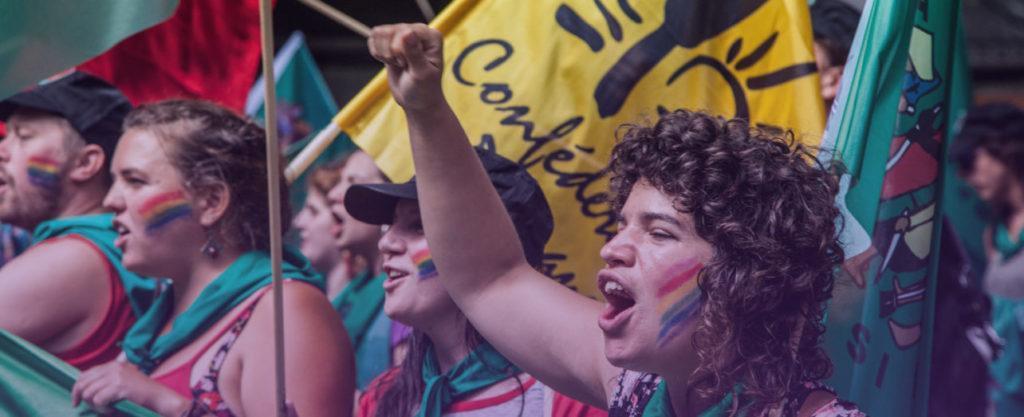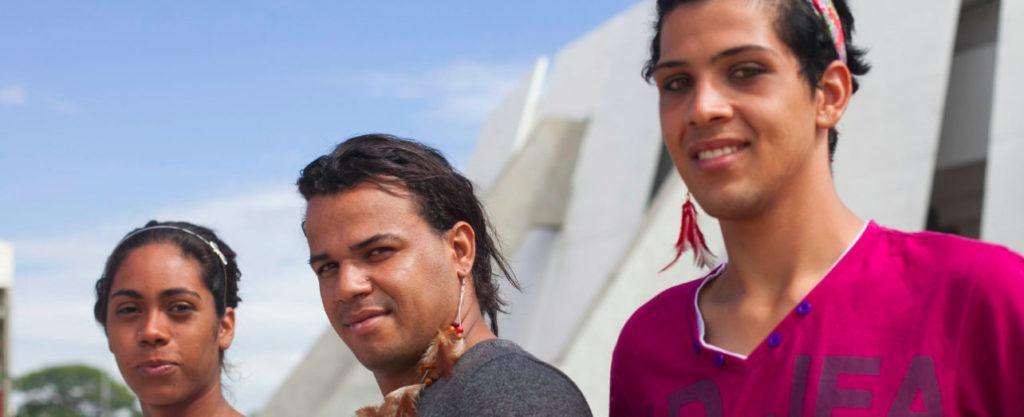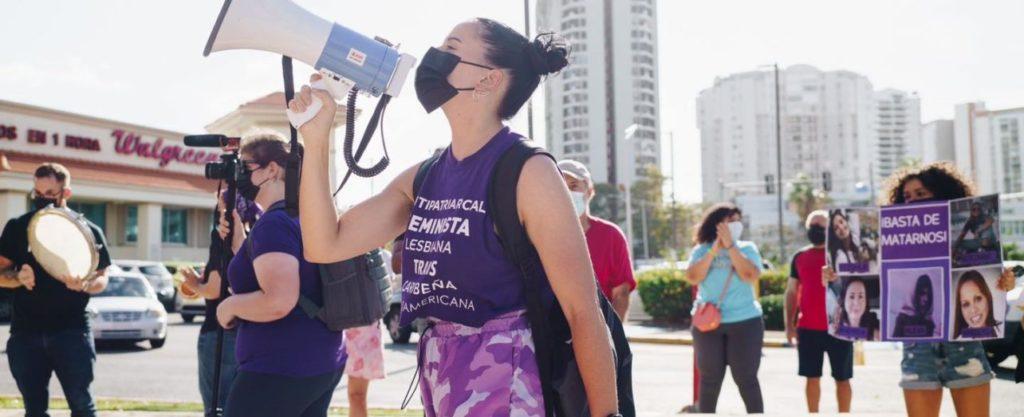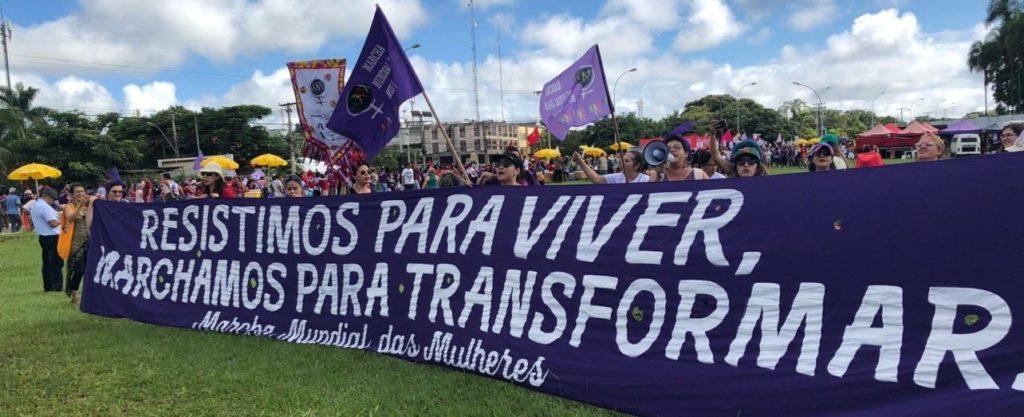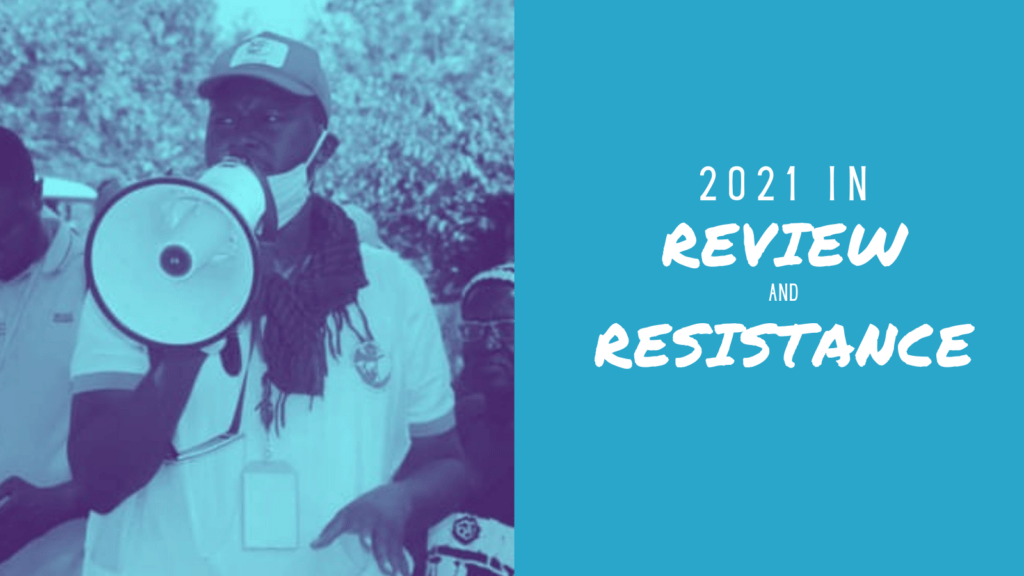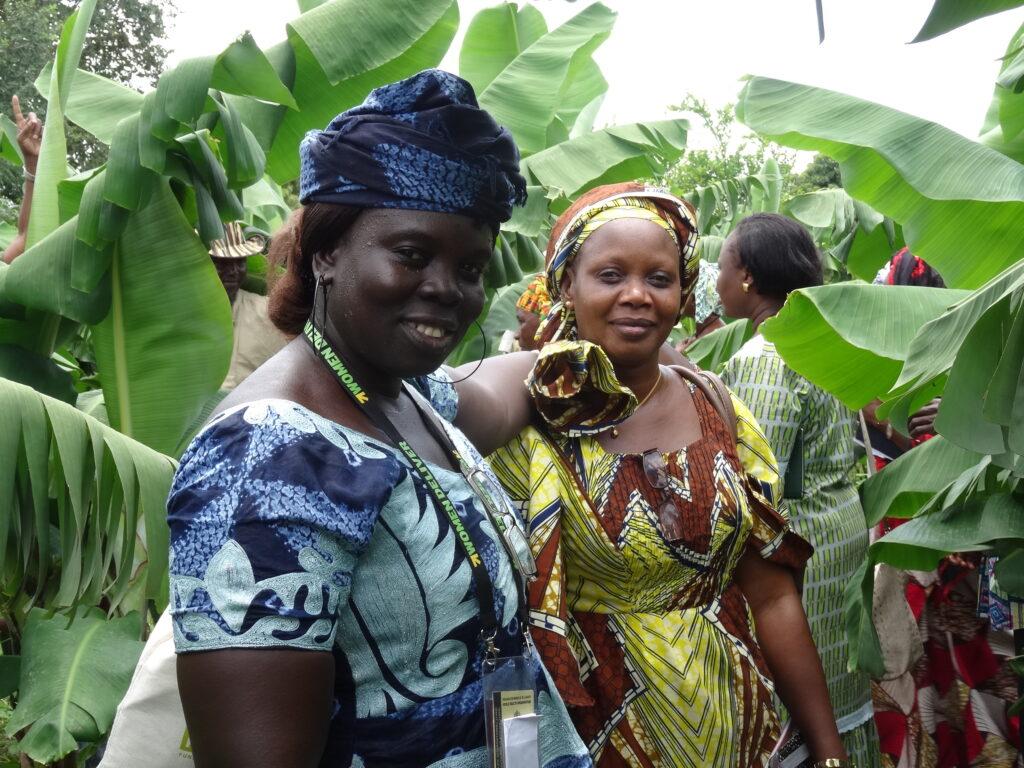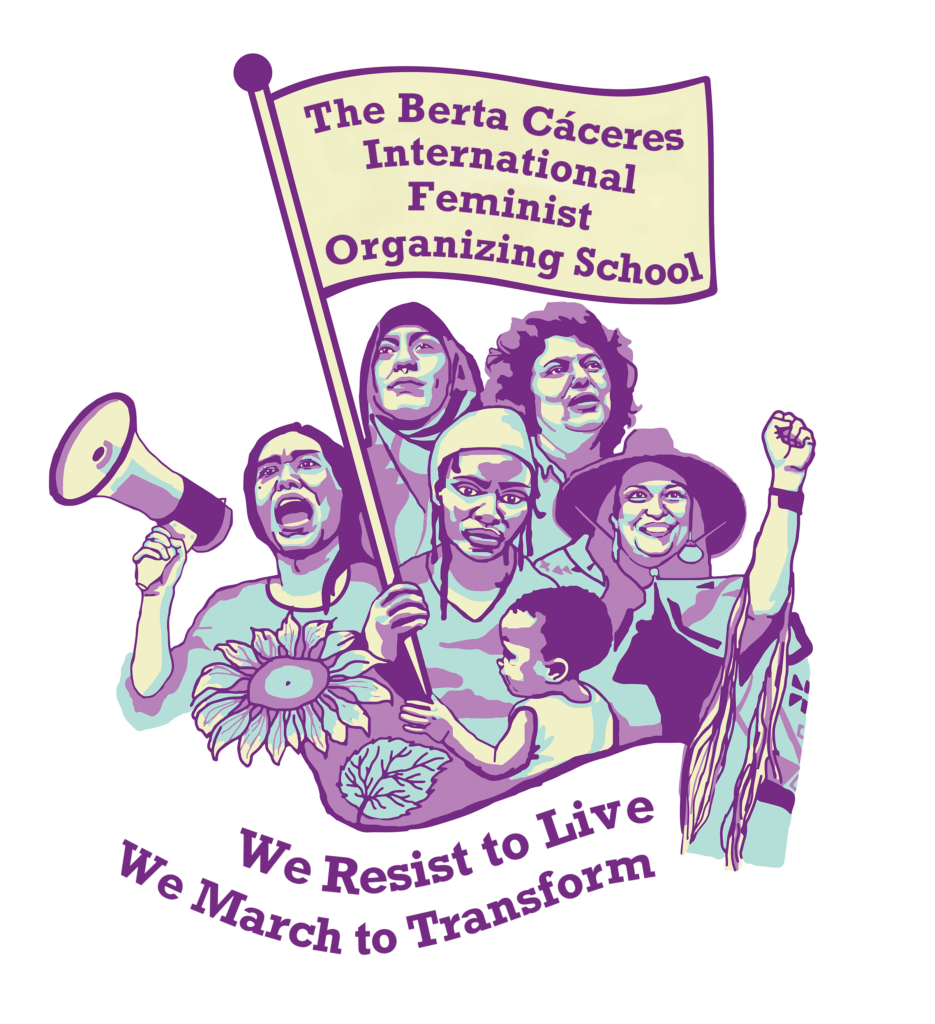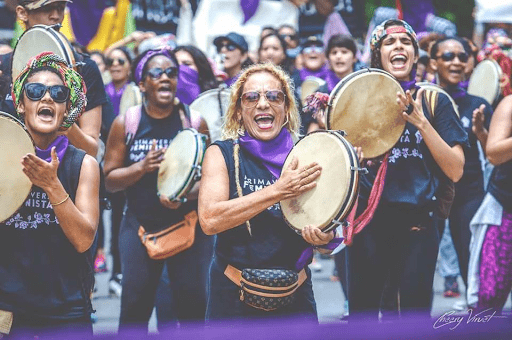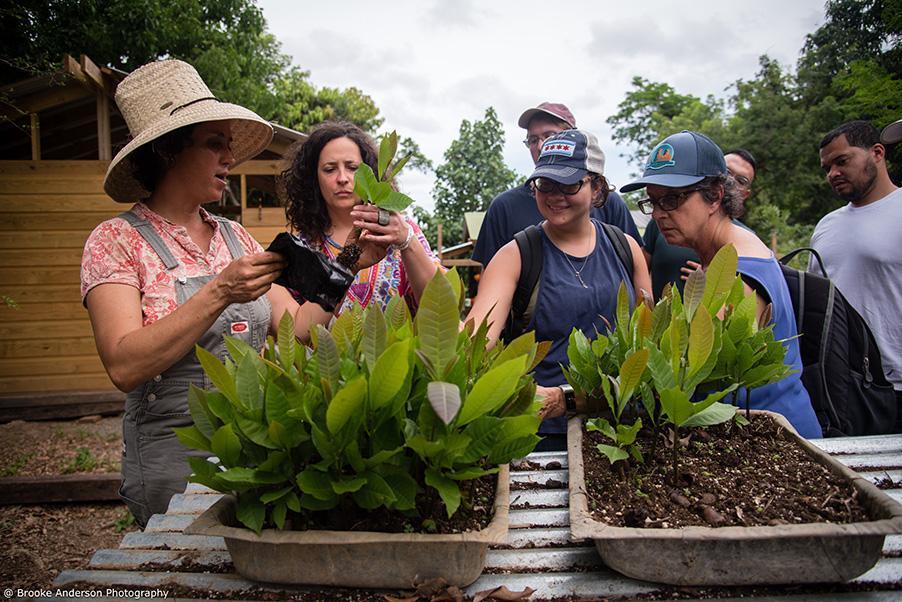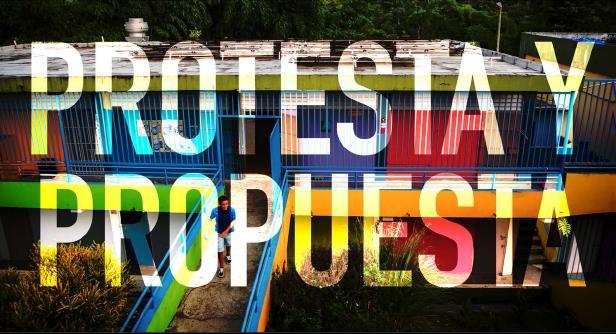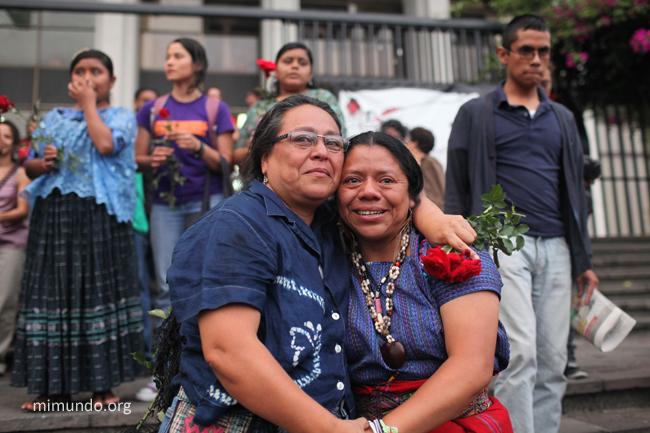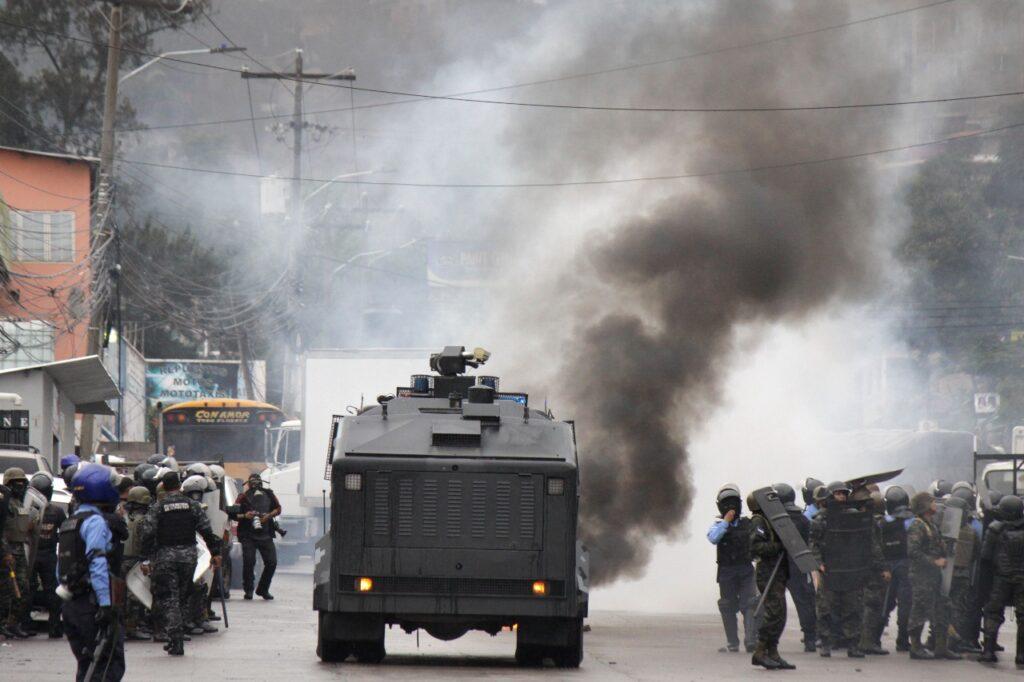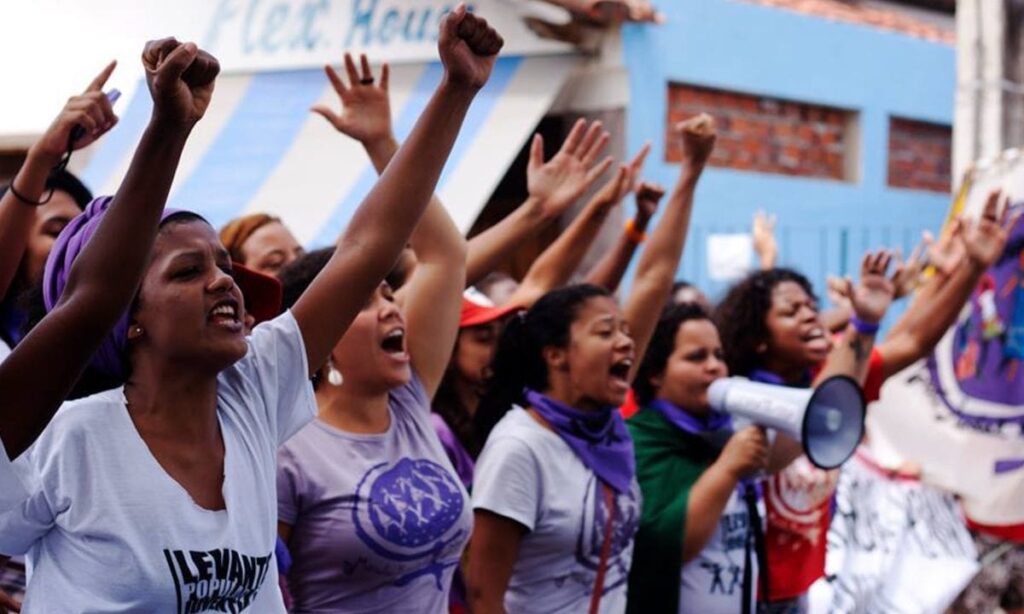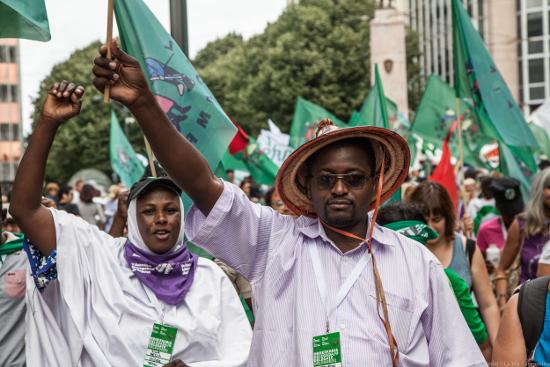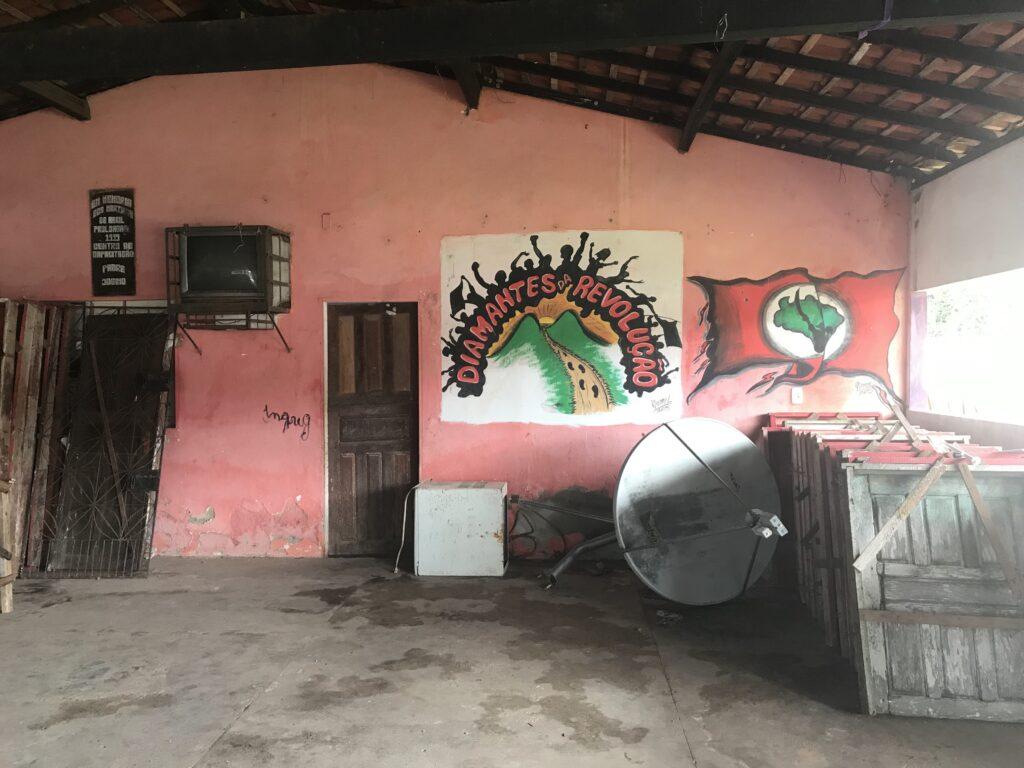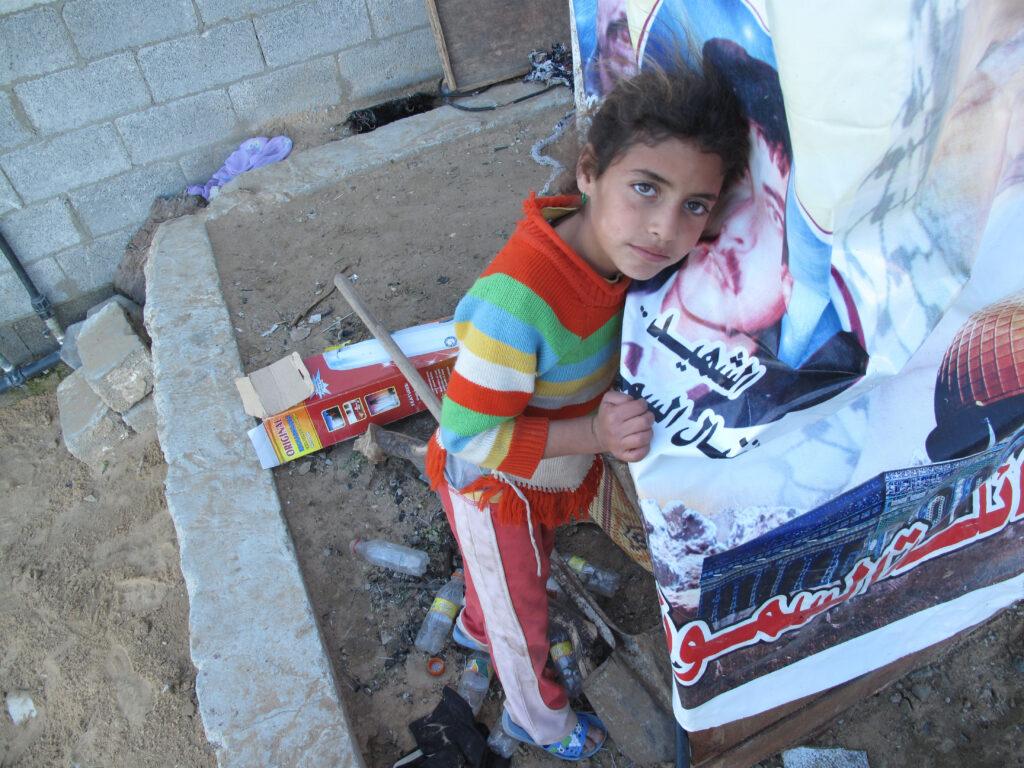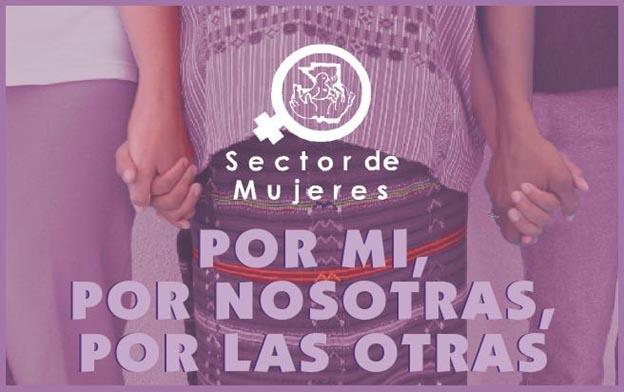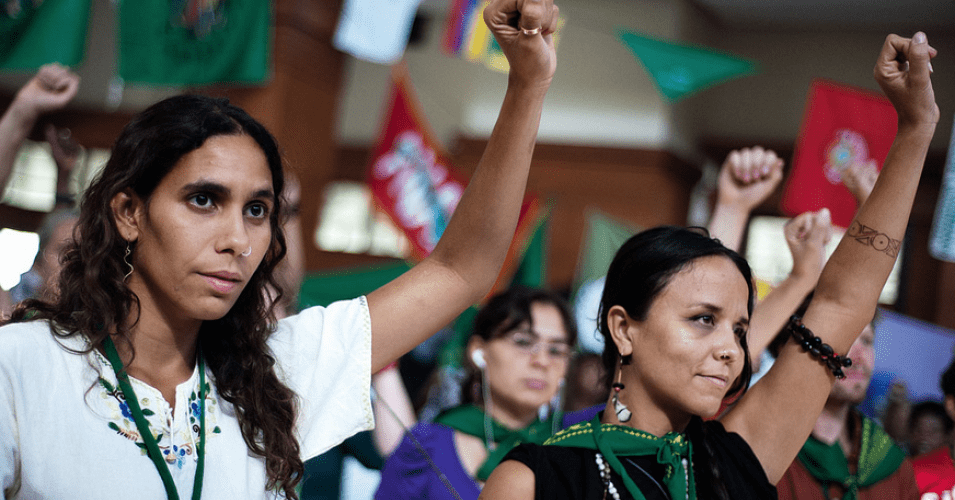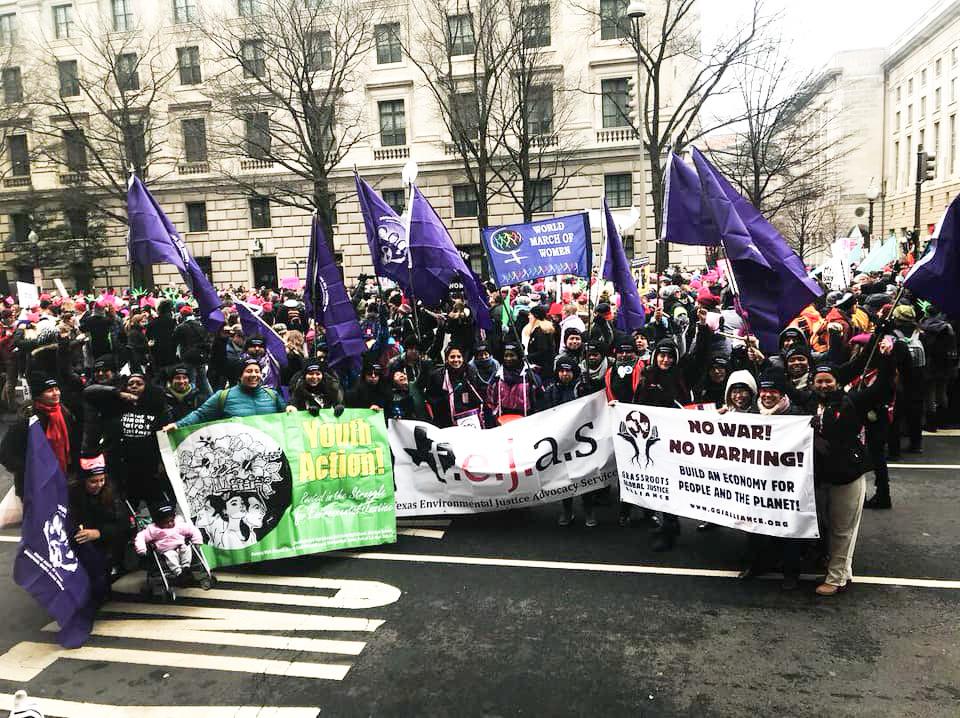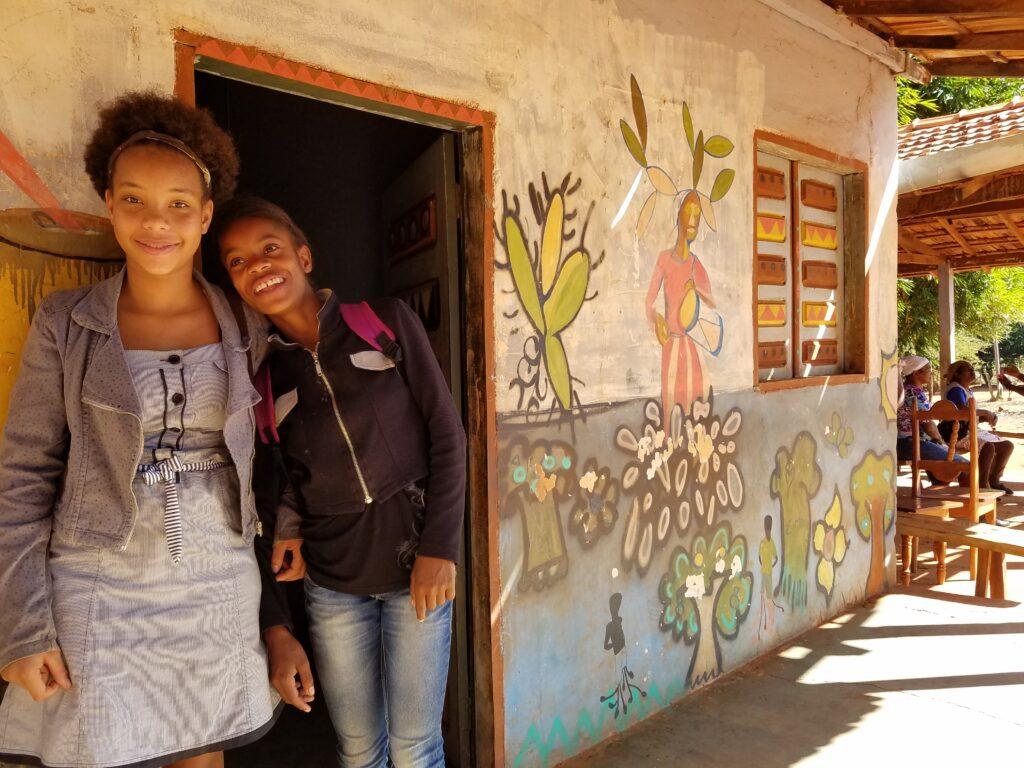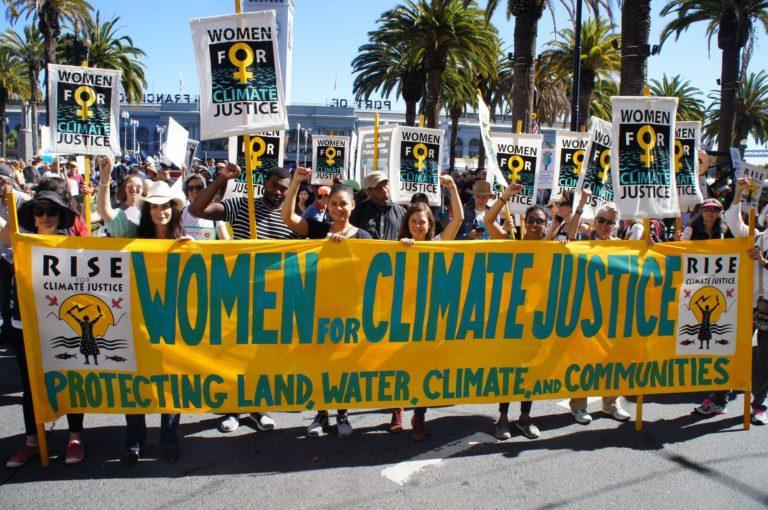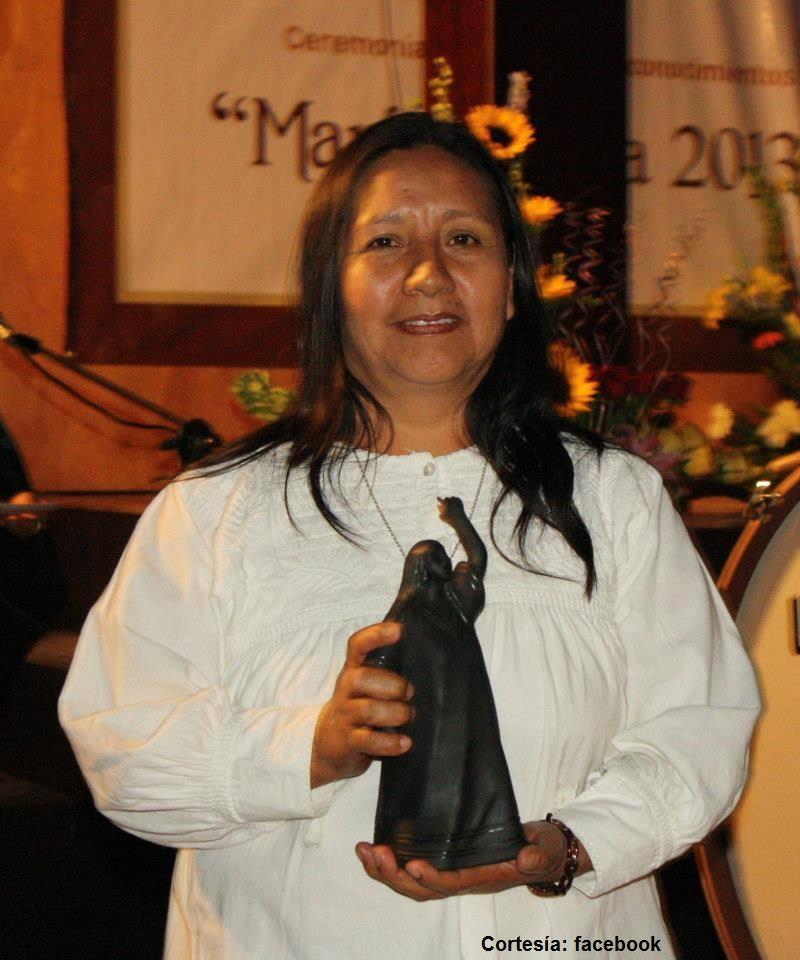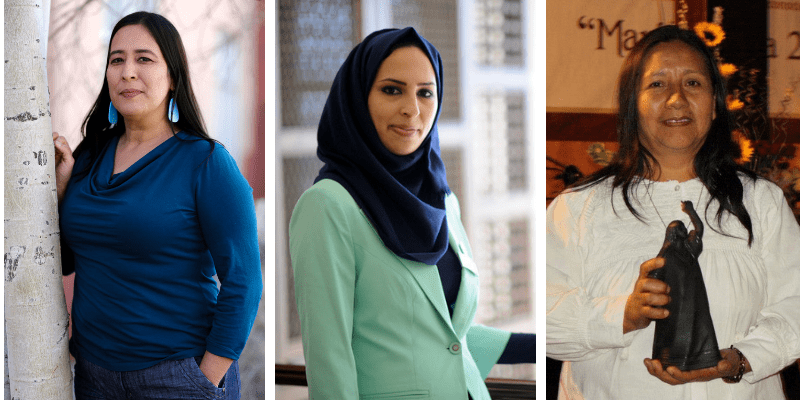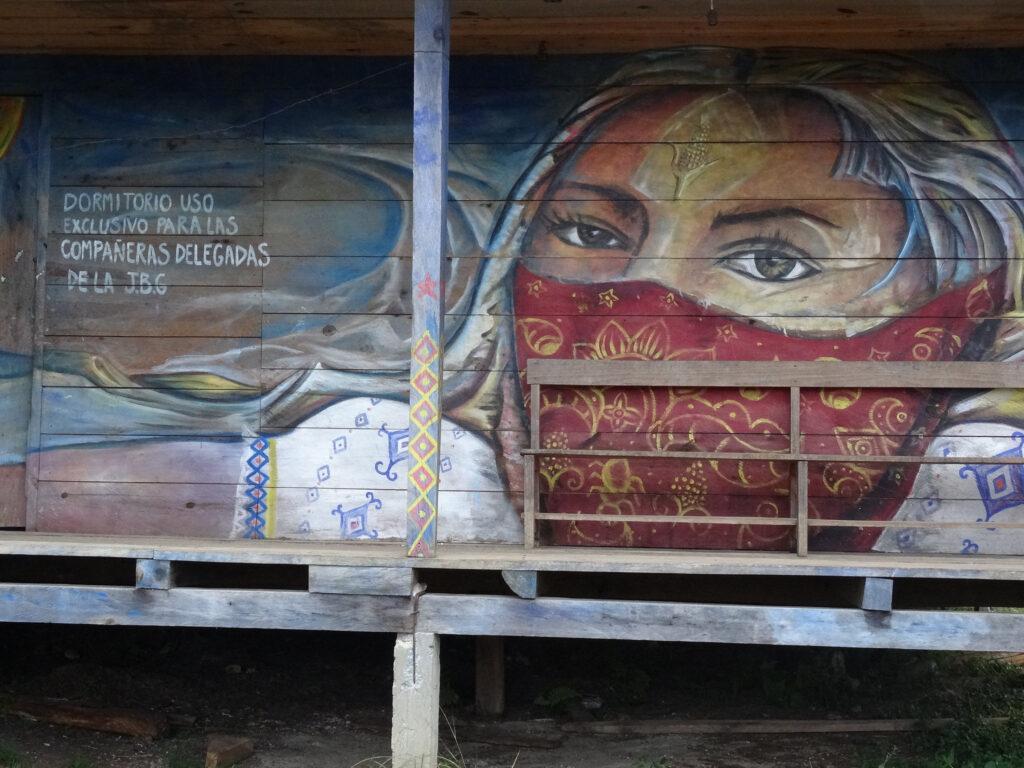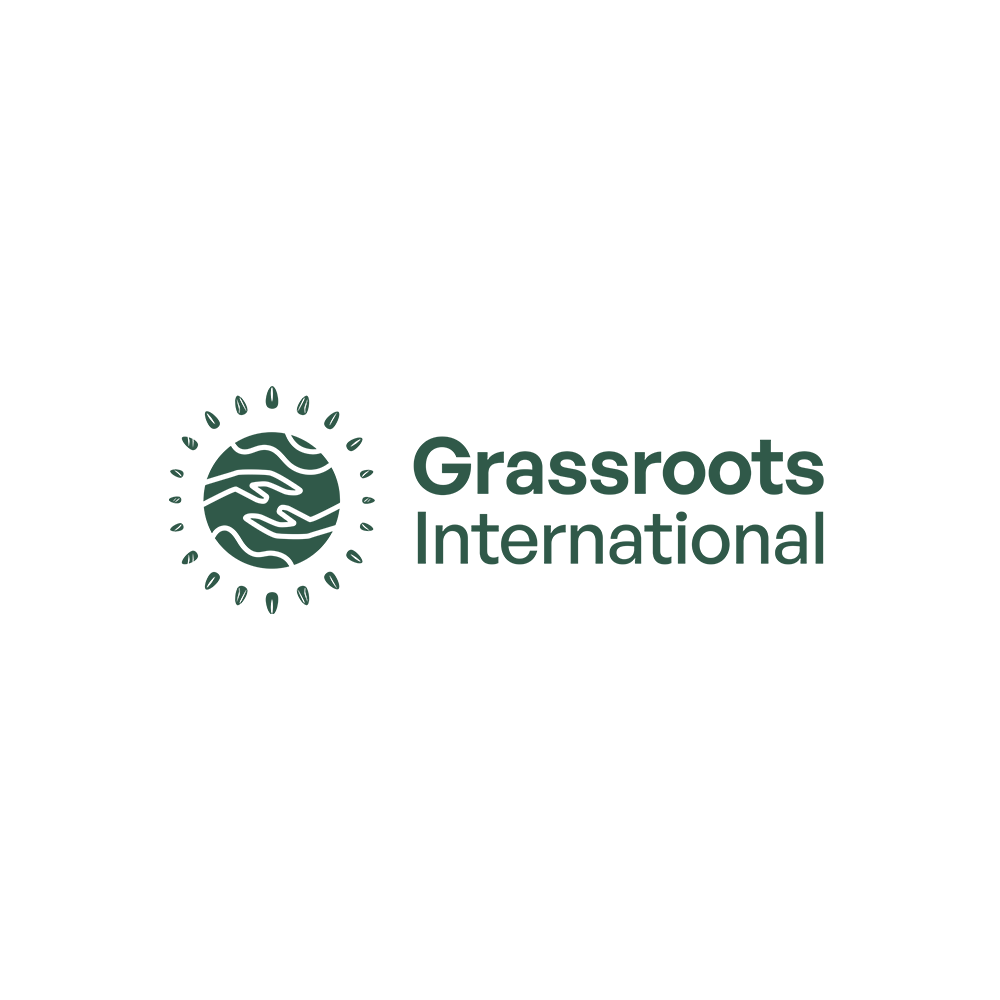
Accompanying grassroots feminisms in the Middle East
“How can we speak of liberation for Palestinian women without speaking of their right to have a land on which to live?” This question, posed by Egyptian feminist activist Nawal al-Saadawi, captures the intersectional and decolonial commitments of gender justice movements in the Middle East, who have for too long seen violent, imperialist interventions in their territories narrated as projects of emancipation for the benefit of women and queer people. Al-Saadawi’s words also illustrate how solidarity with the struggle for Palestinian freedom is central to feminist principles in the region.
Palestinian feminist groups, women’s cooperatives, and queer communities are a vital source of life-affirming political imagination, confronting the roots of gender-based violence in relationship to colonialism, militarism, heteropatriarchy, and racism. While colonial narratives isolate Palestinian women, girls, and queer people as objects of sympathy, Palestinian feminist groups reject this selective solidarity. While mobilizing within broader struggles, they address the gendered impacts of settler colonialism, apartheid, and military occupation, such as higher rates of poverty and food insecurity among Palestinian households headed by women and the increased demand on women as caregivers amidst the chronic and acute trauma of Israeli military operations, home demolitions, and incidents of settler violence.
Grassroots International partners with work such as:
- Grassroots activism to organize and build Palestinian LGBTQ+ communities and transform Palestinian public discourse around sexual and gender diversity
- A mental health program to support the wellbeing of women impacted by trauma in Gaza
- Protection mechanisms implemented by human rights organizations for victims of gender-based violence
- Women’s agricultural cooperatives to advance sustainable livelihoods and food sovereignty

